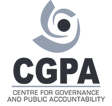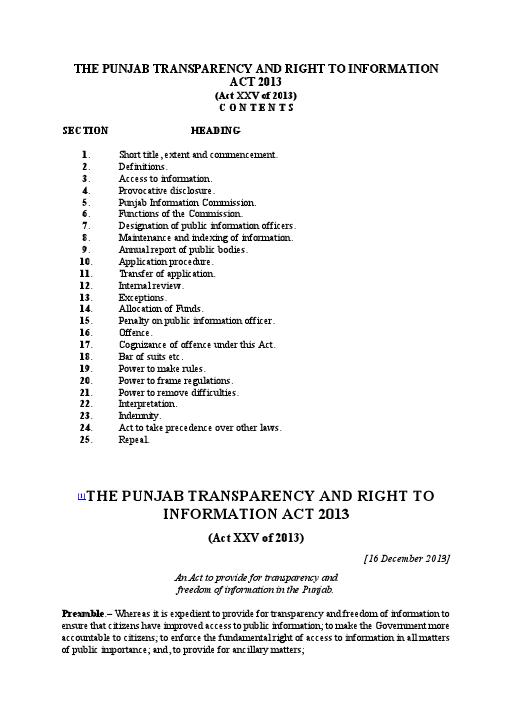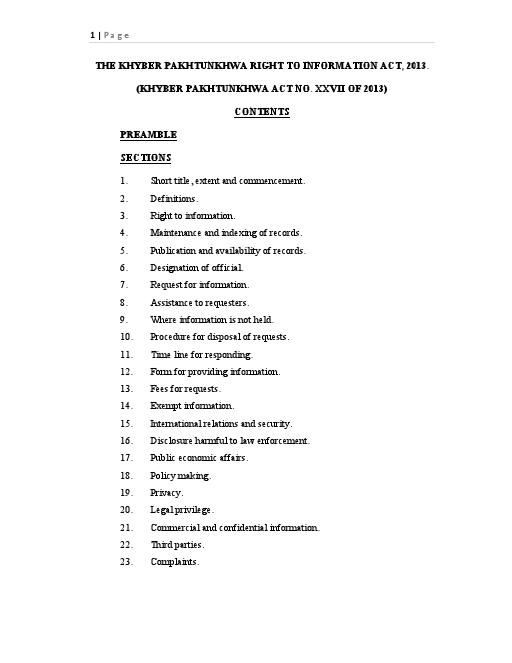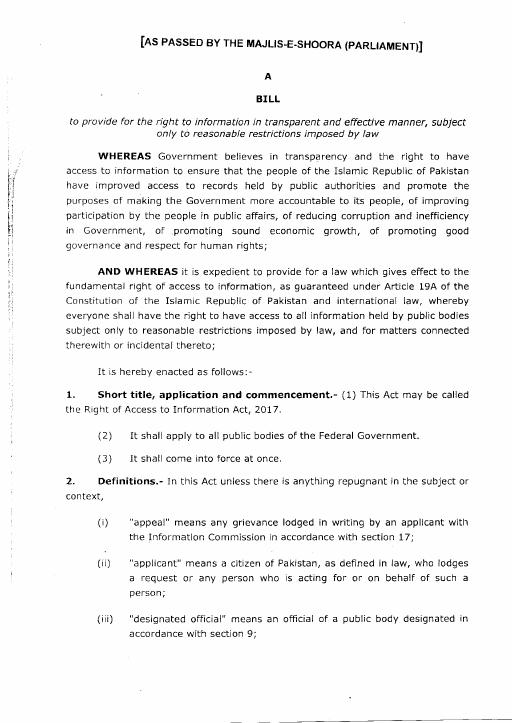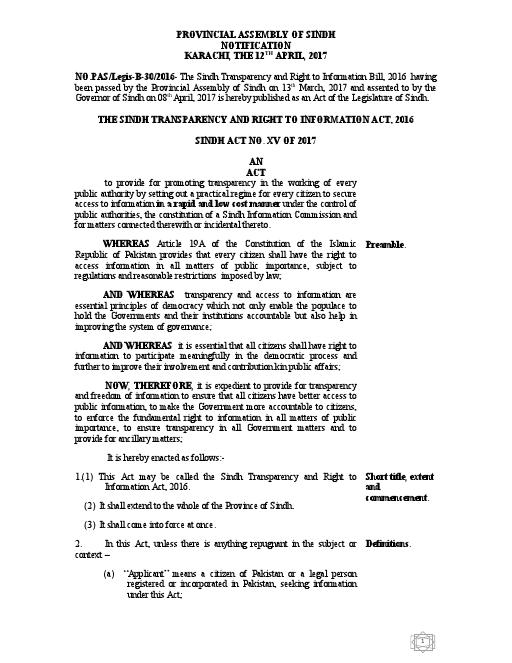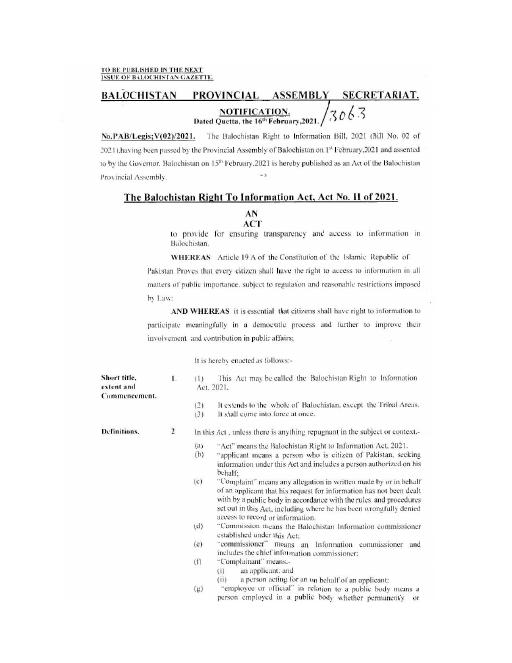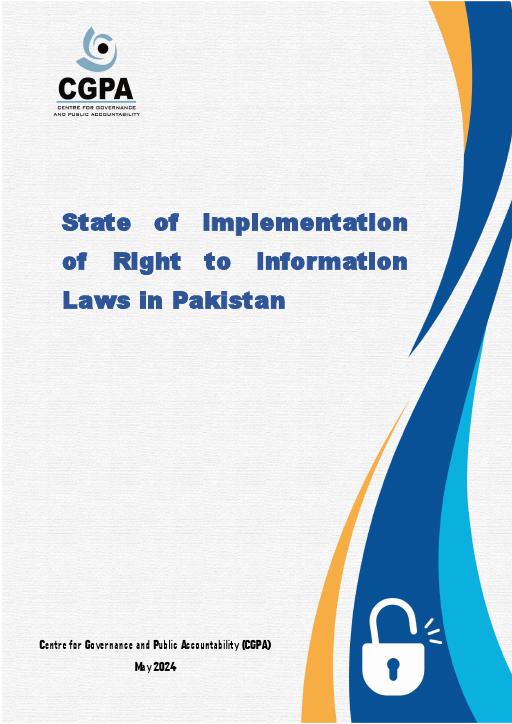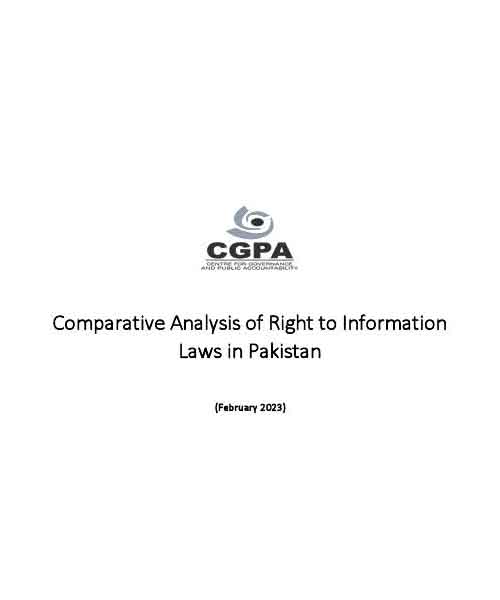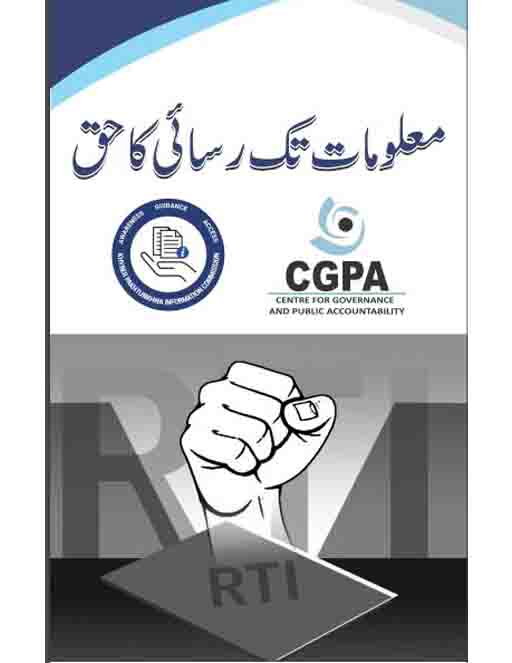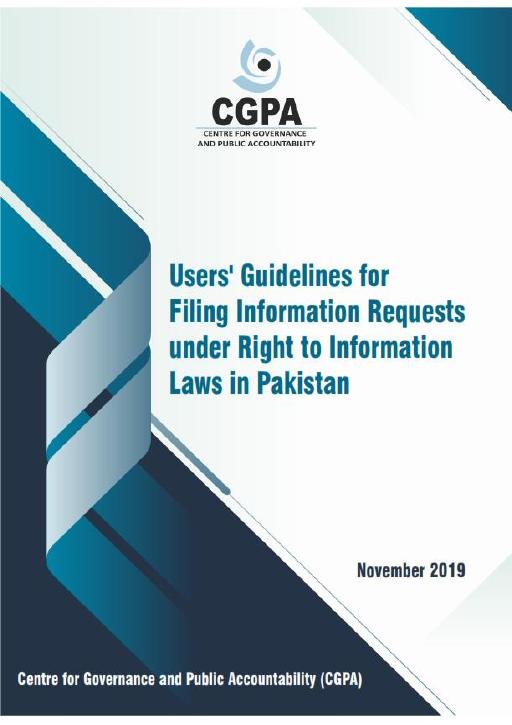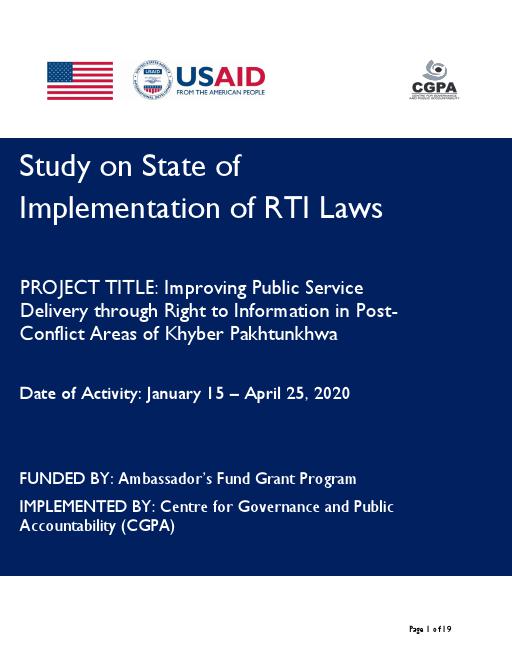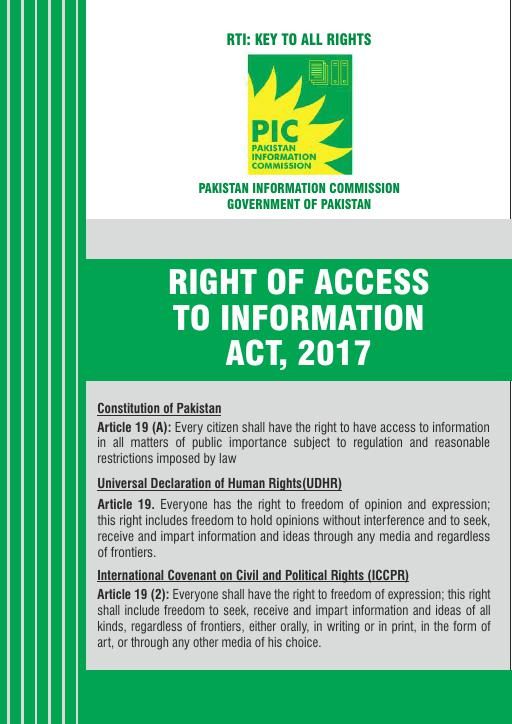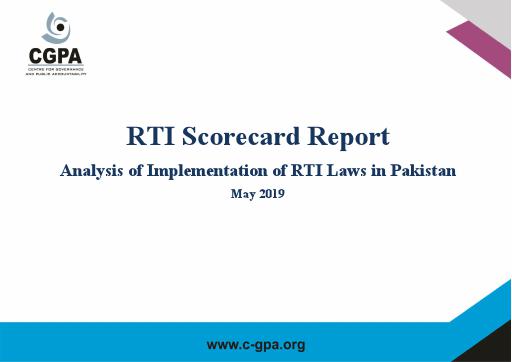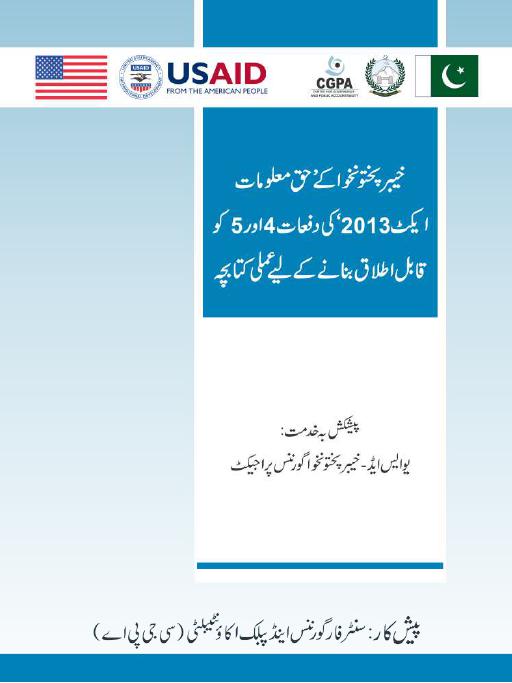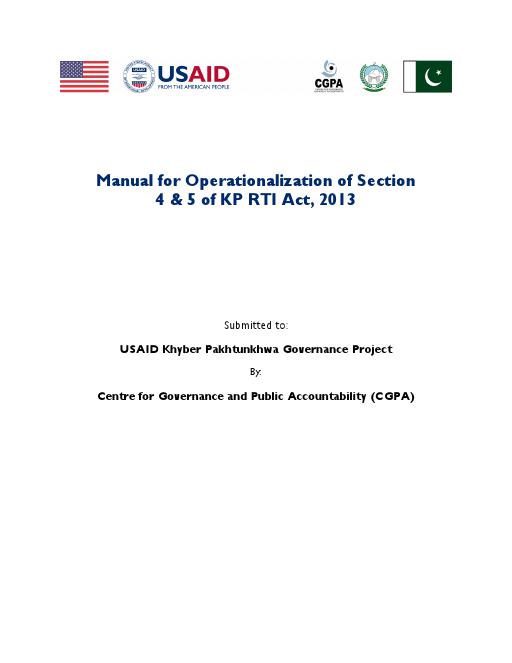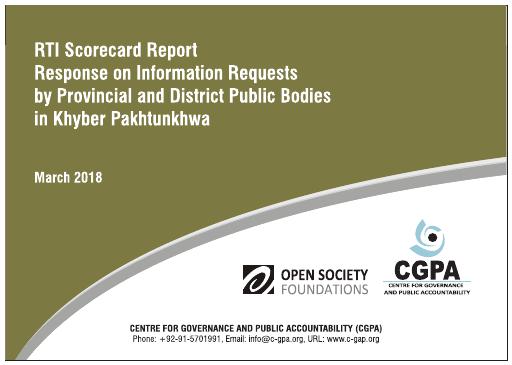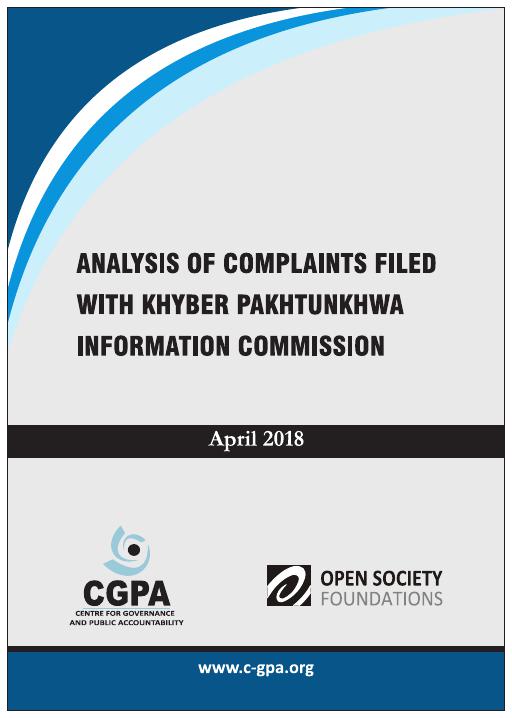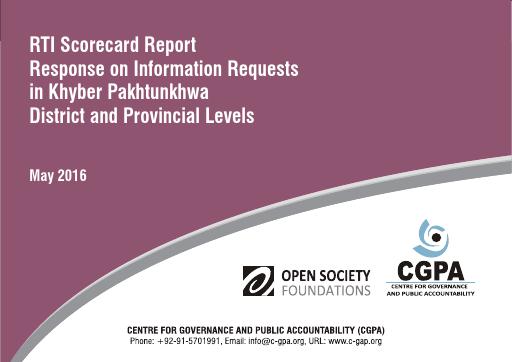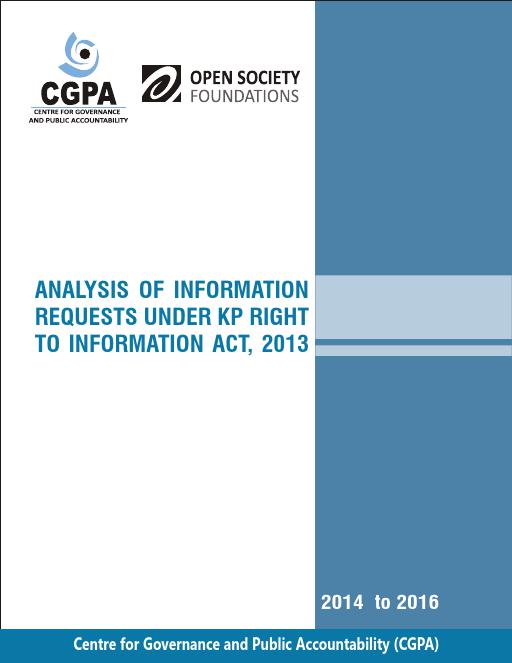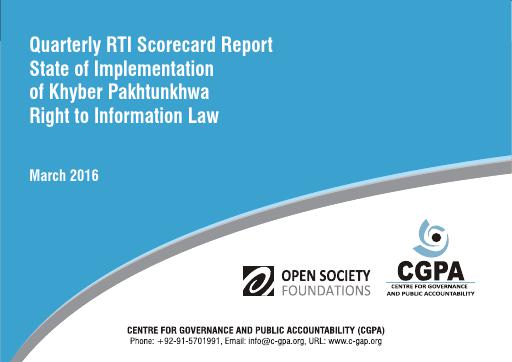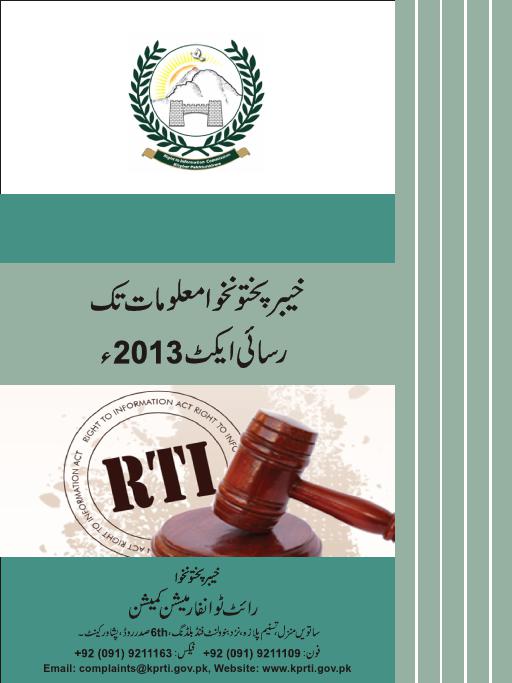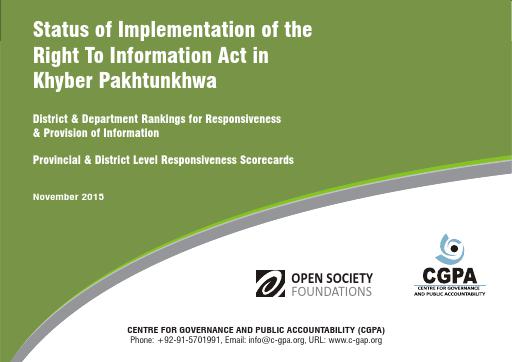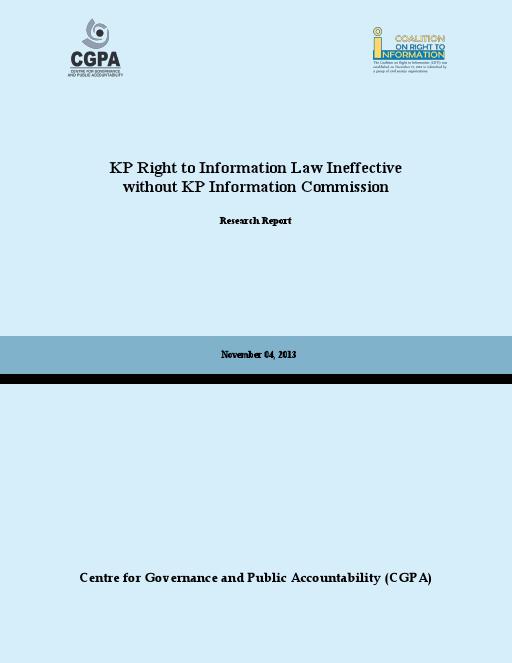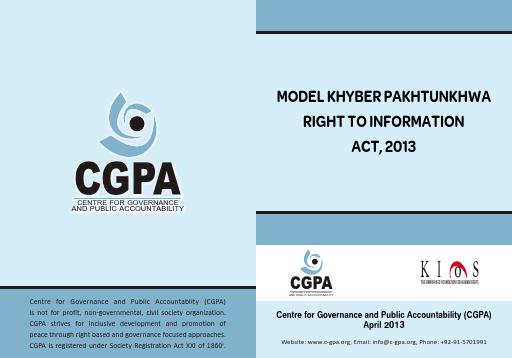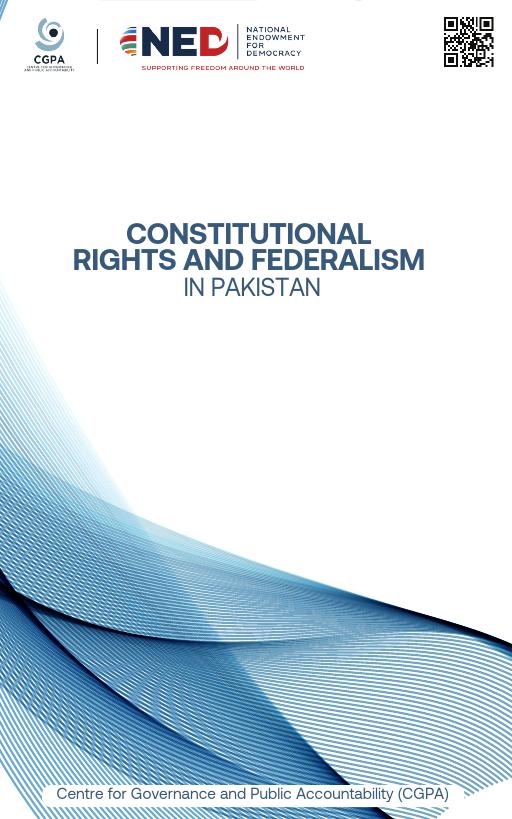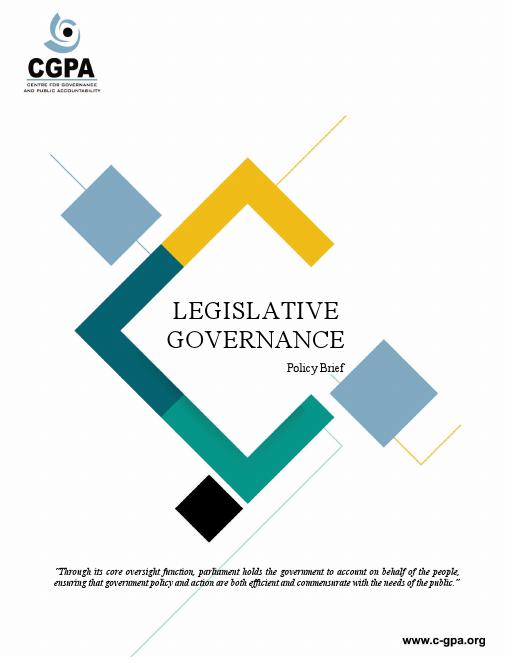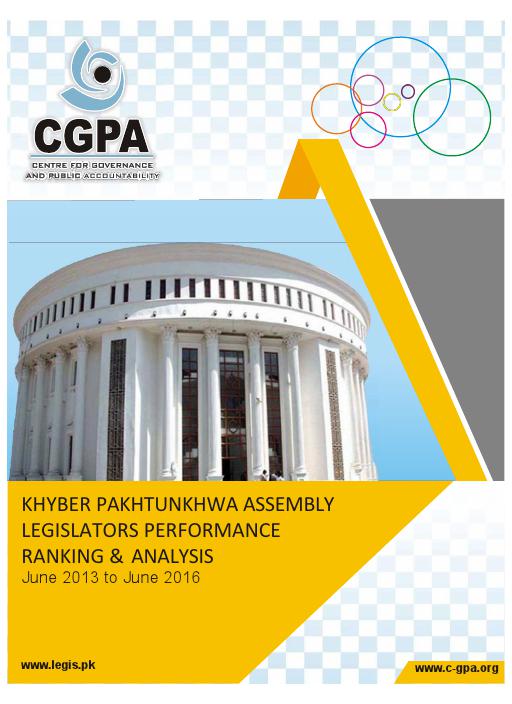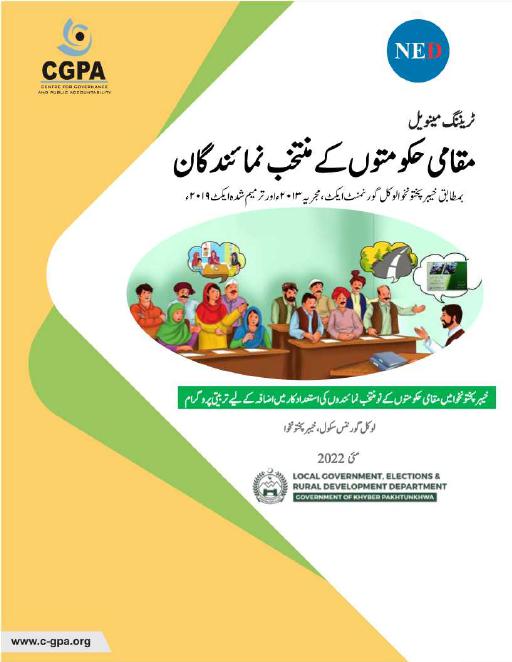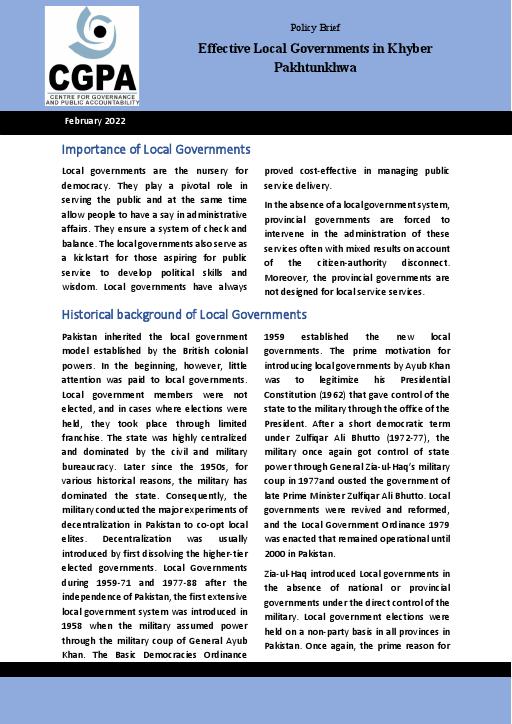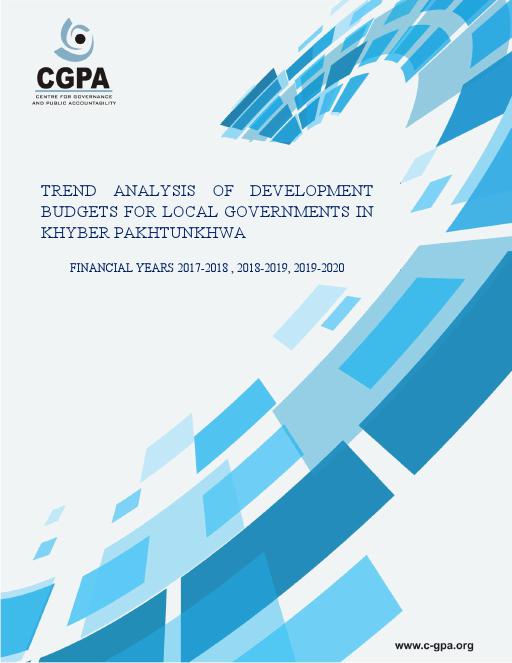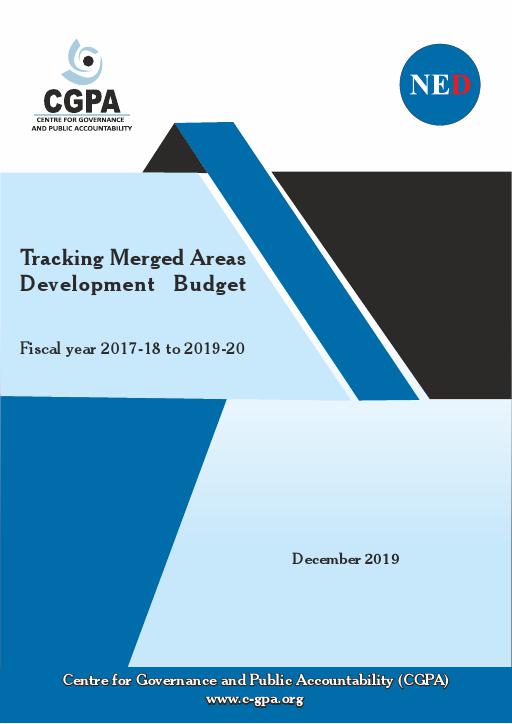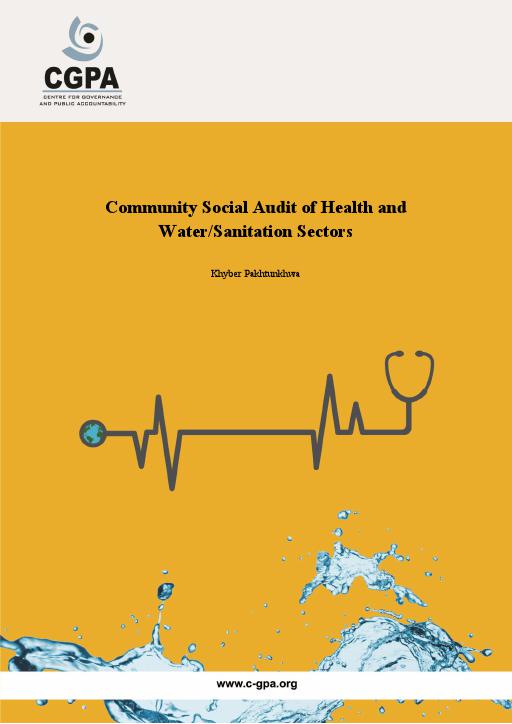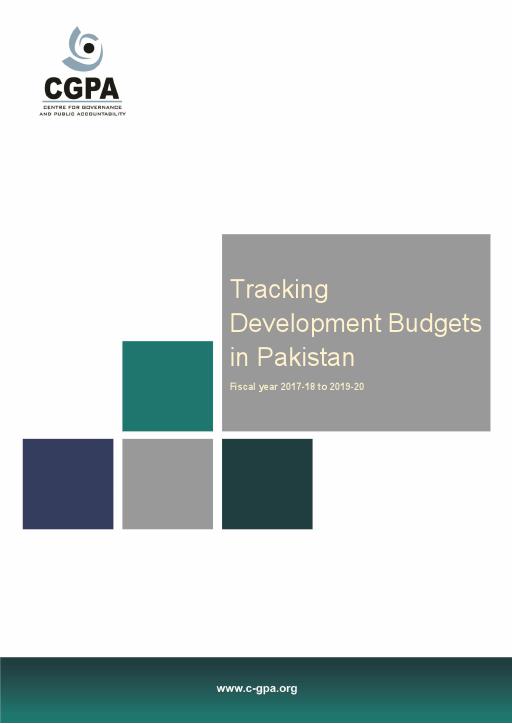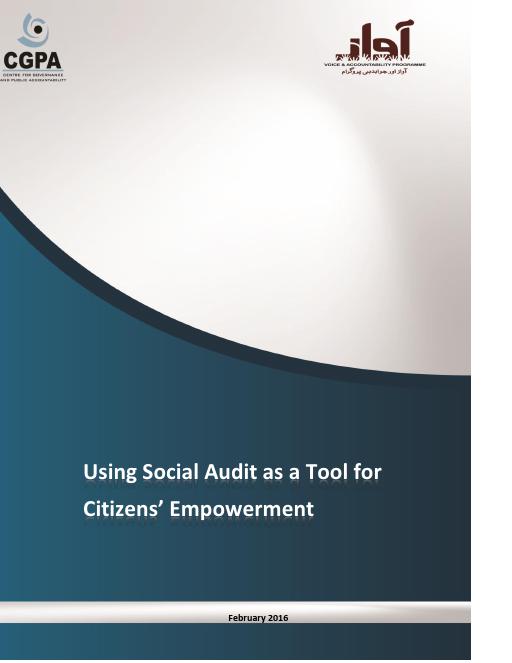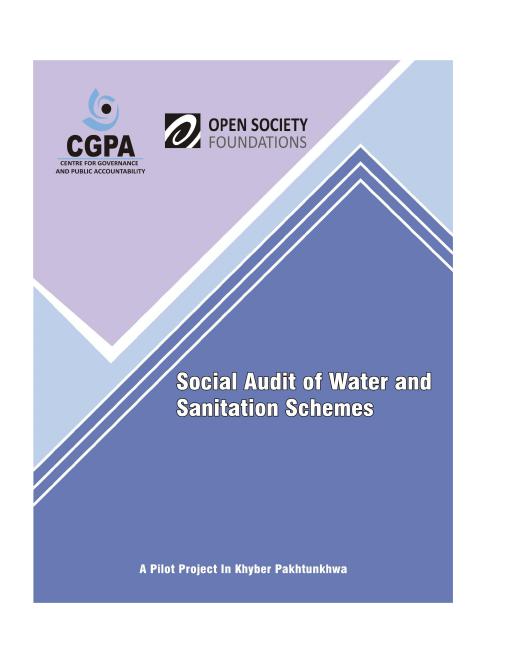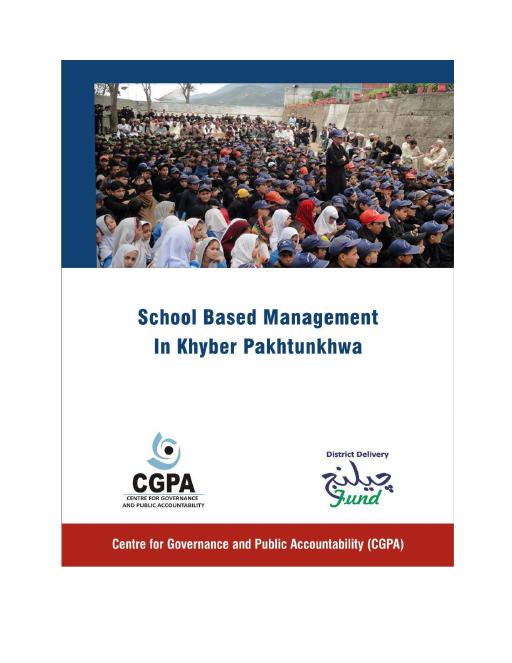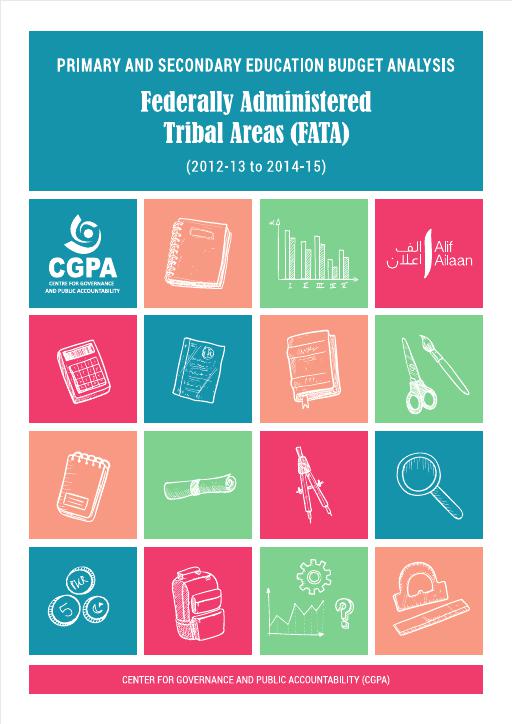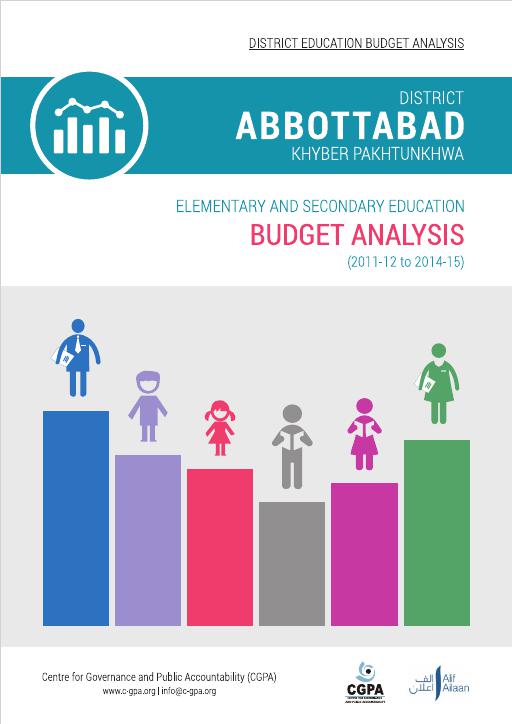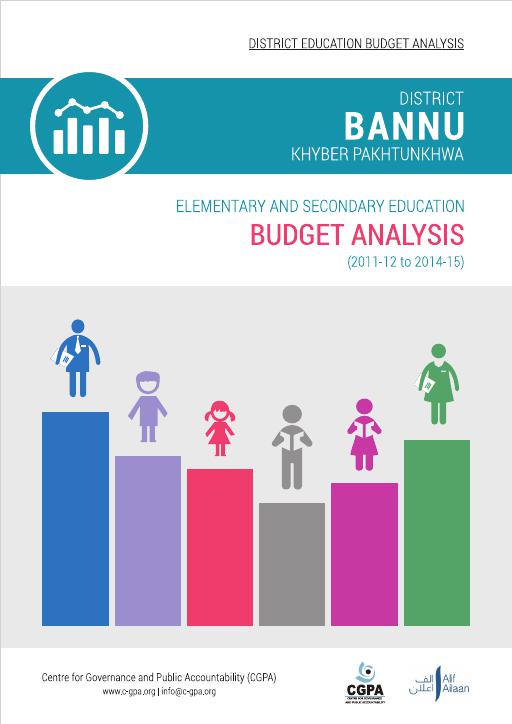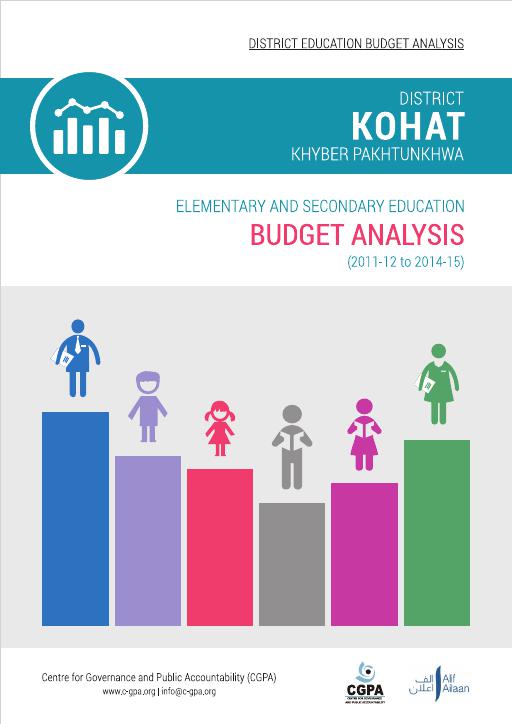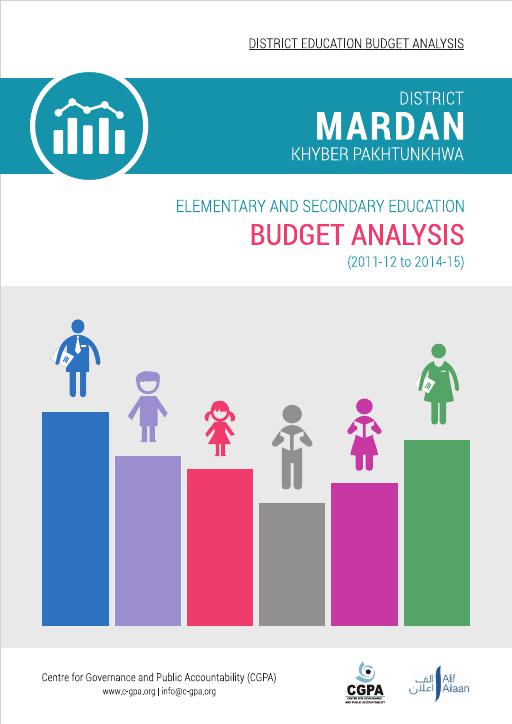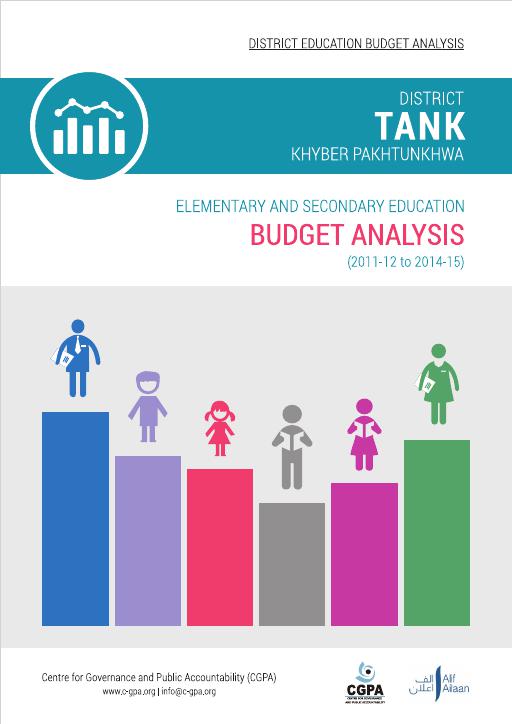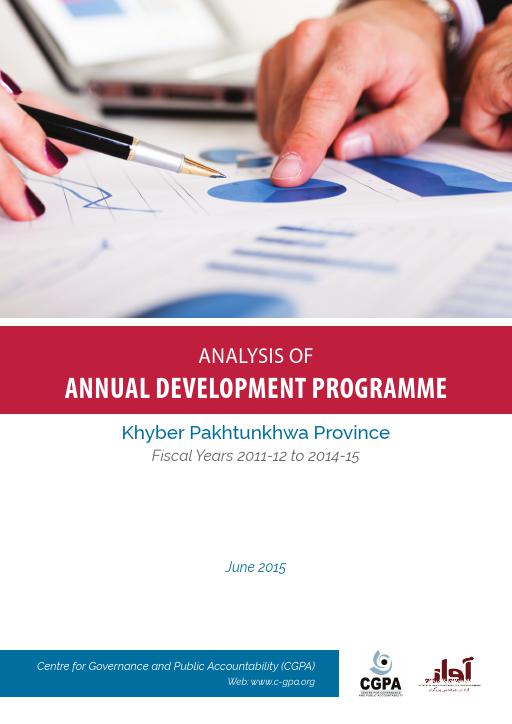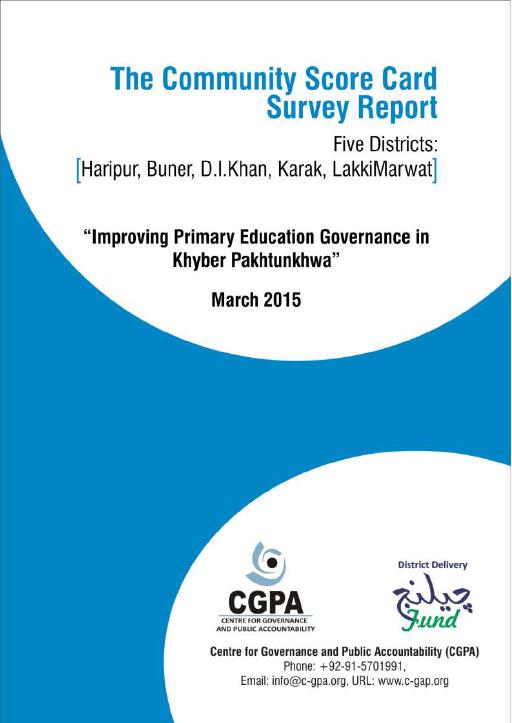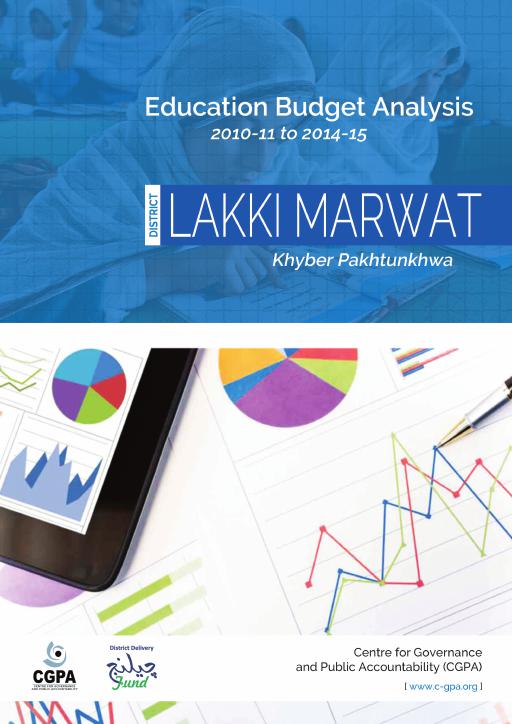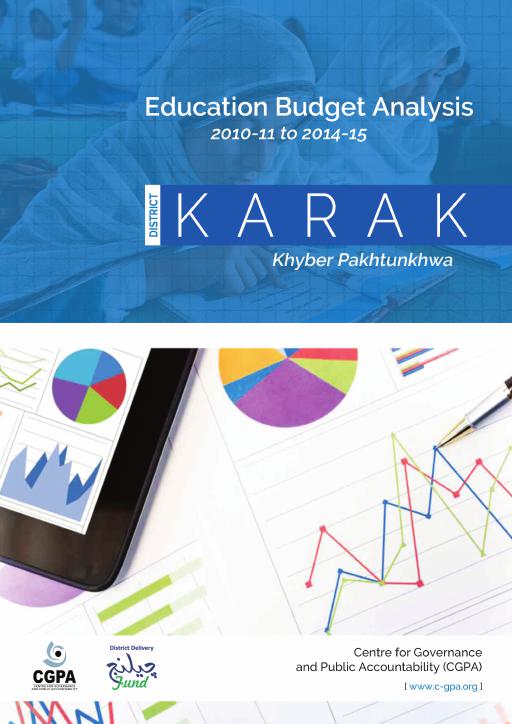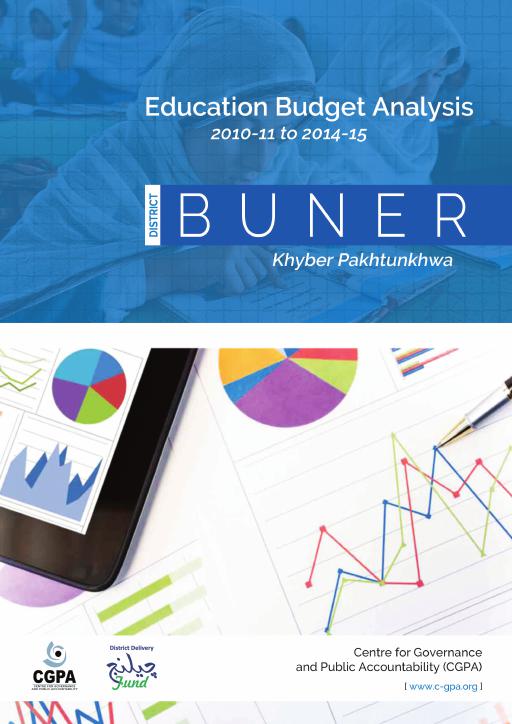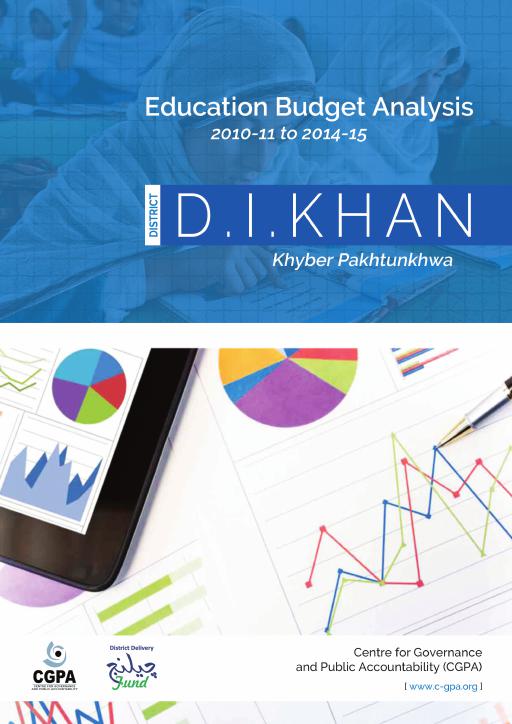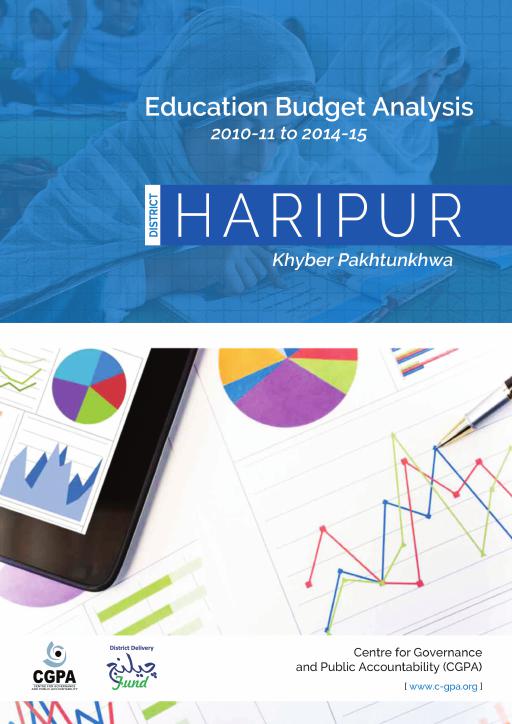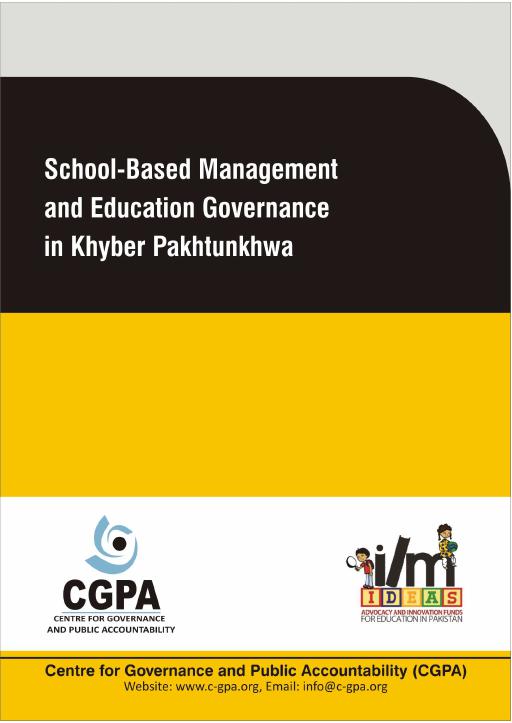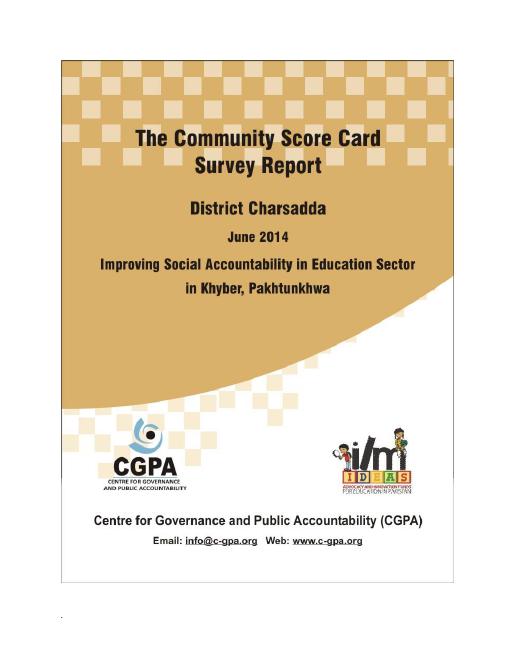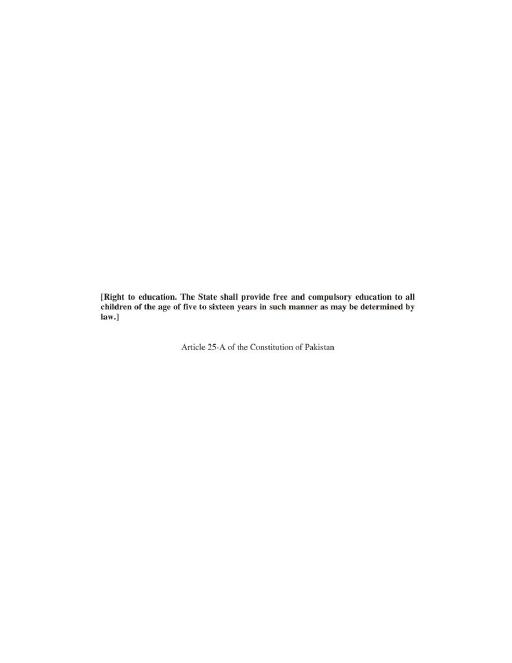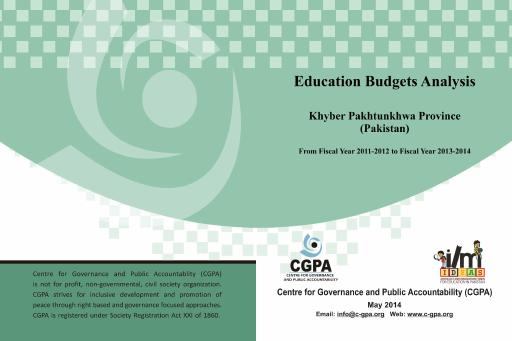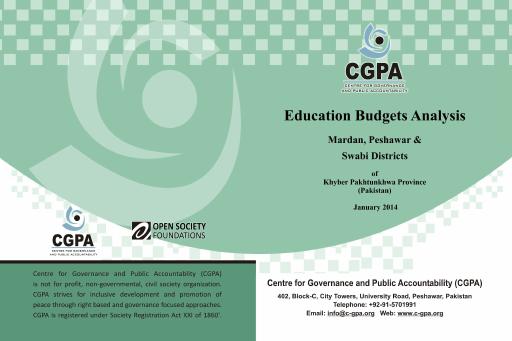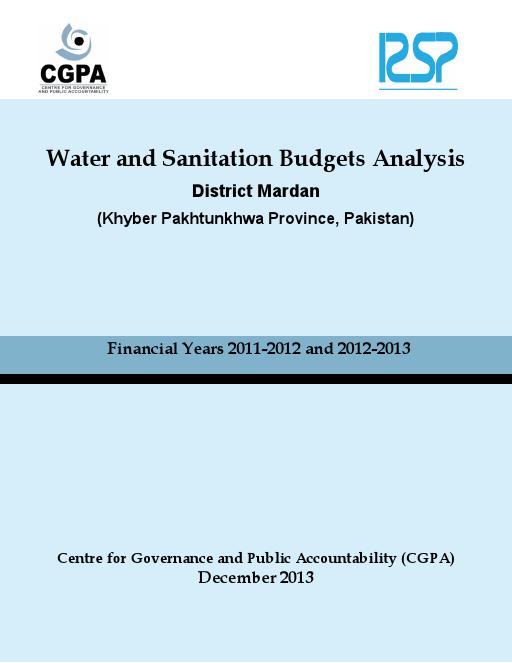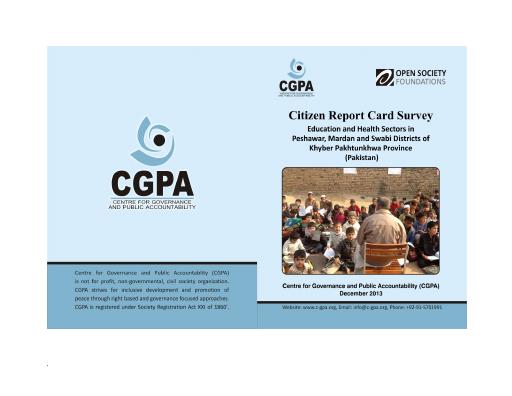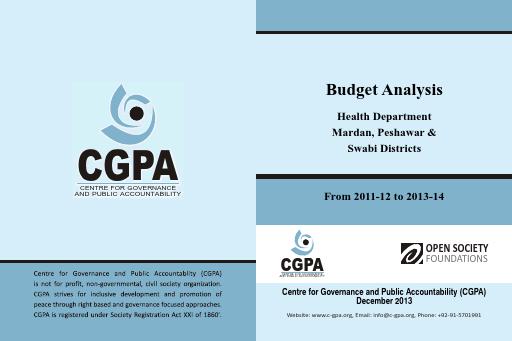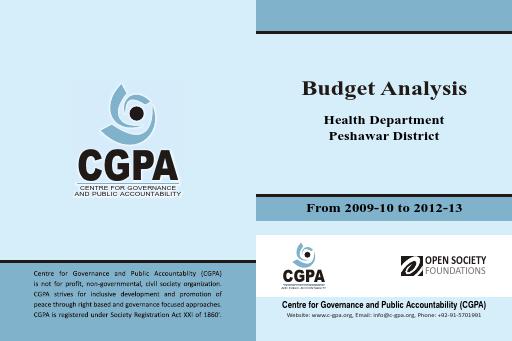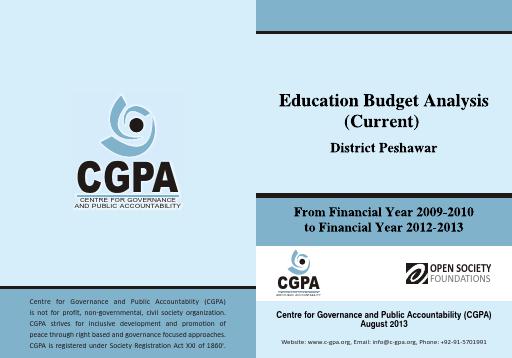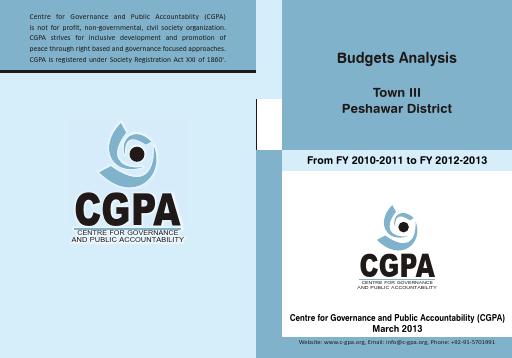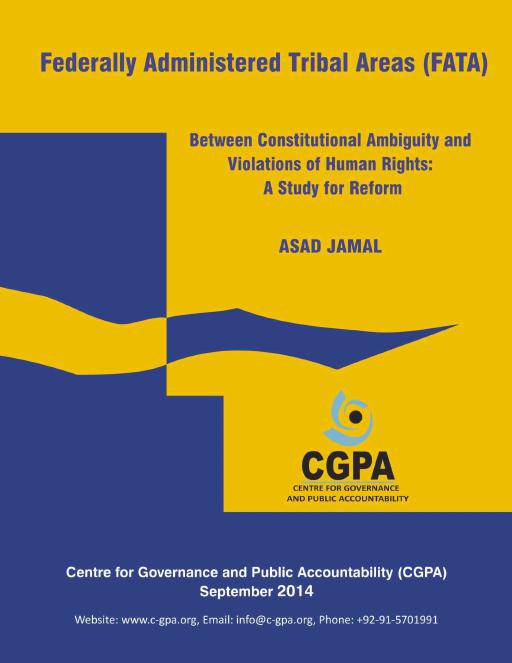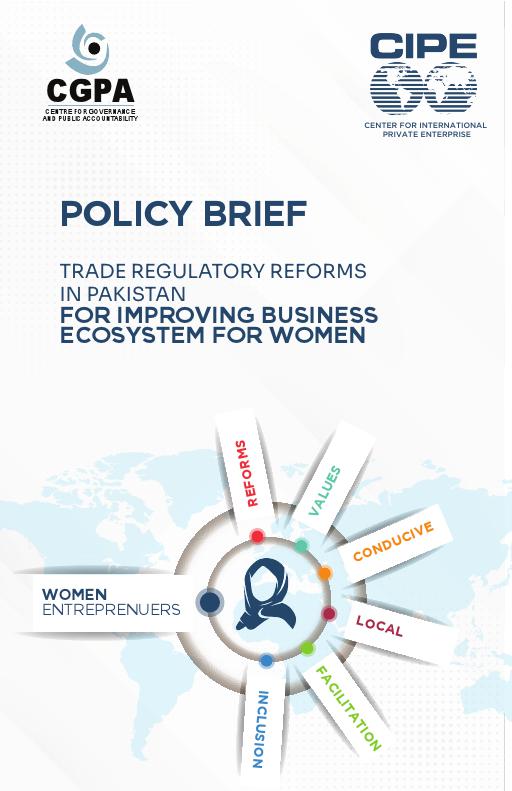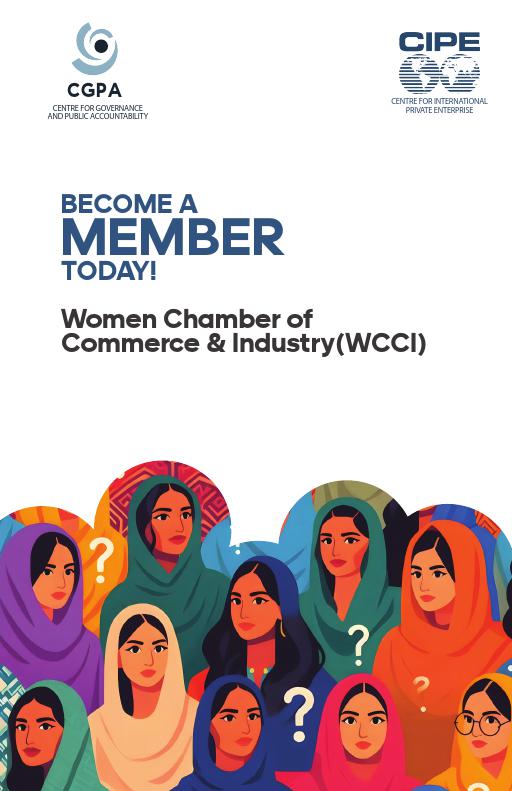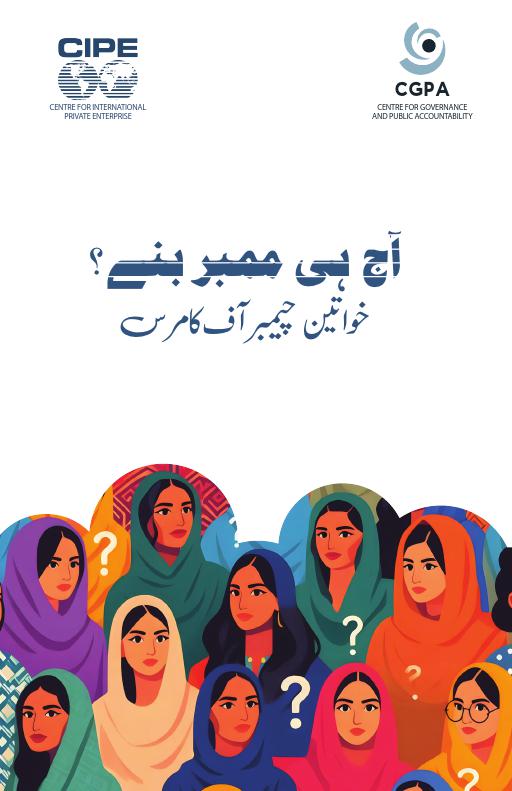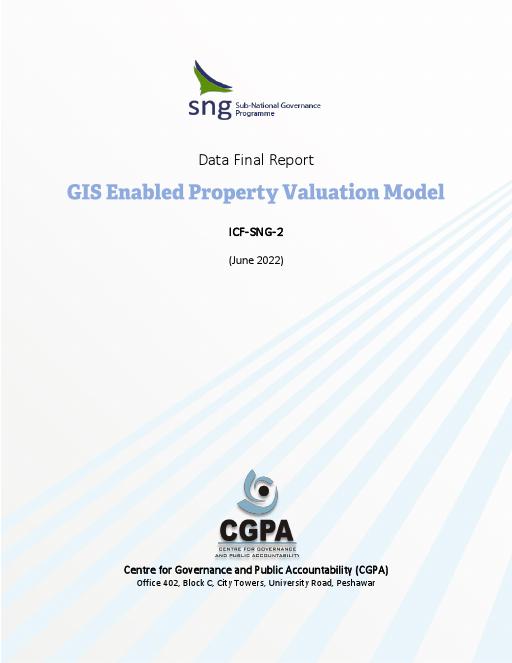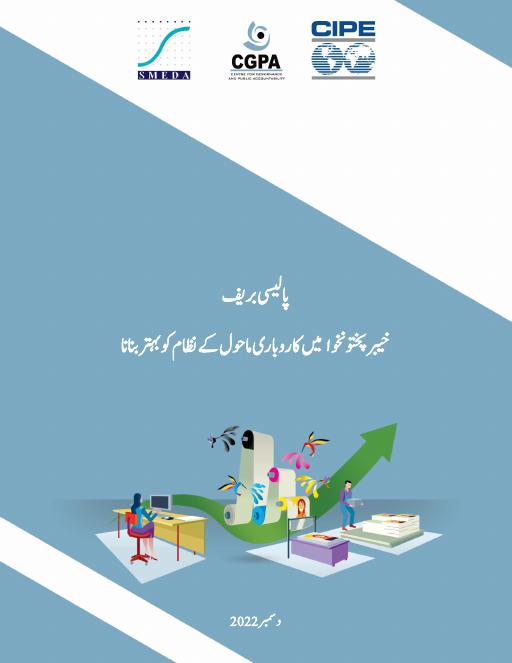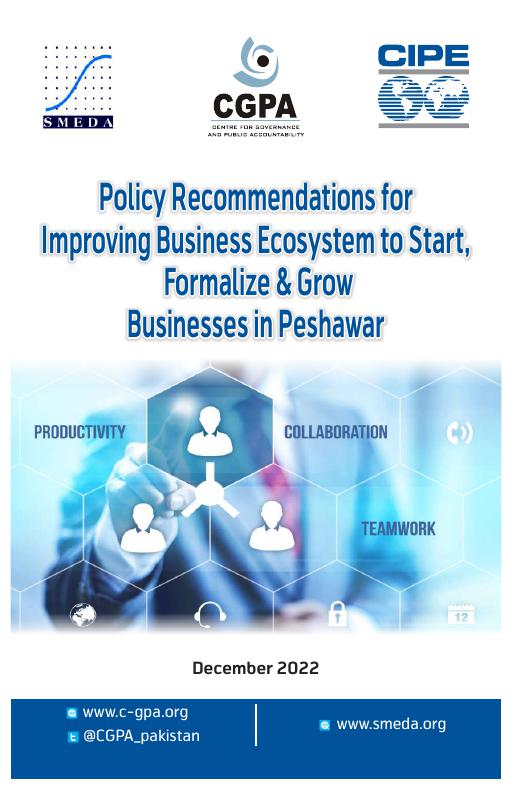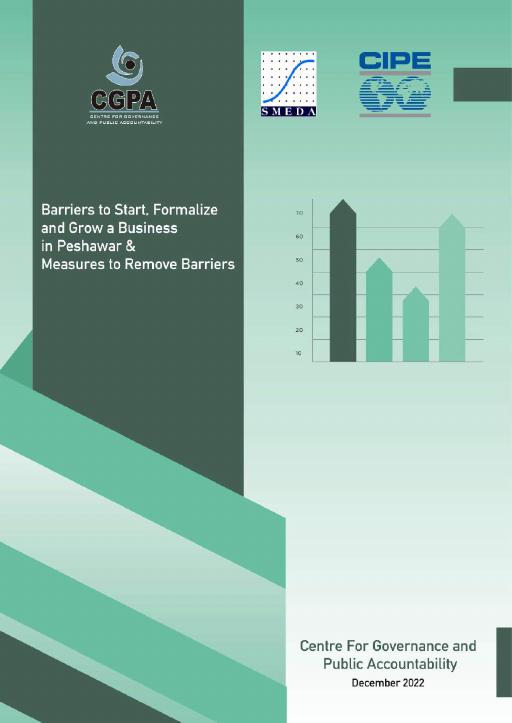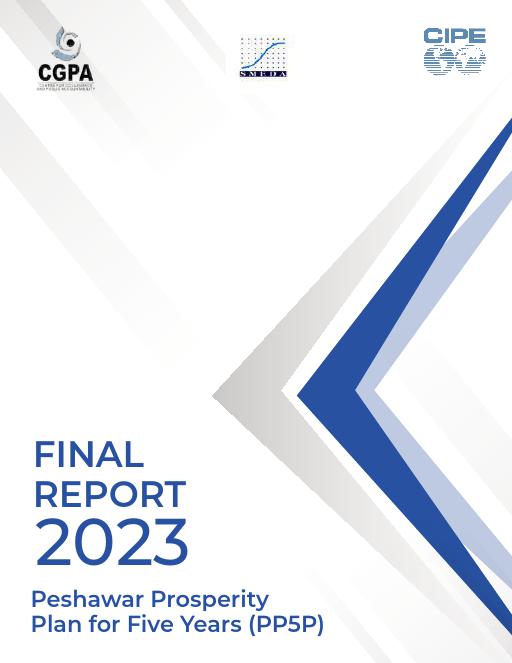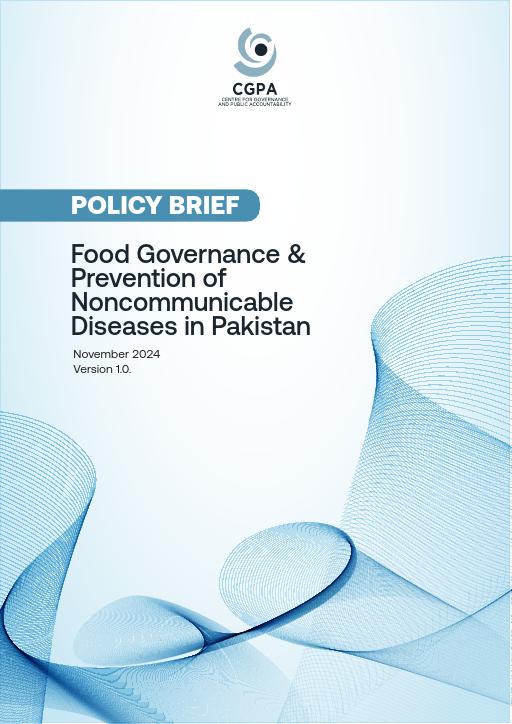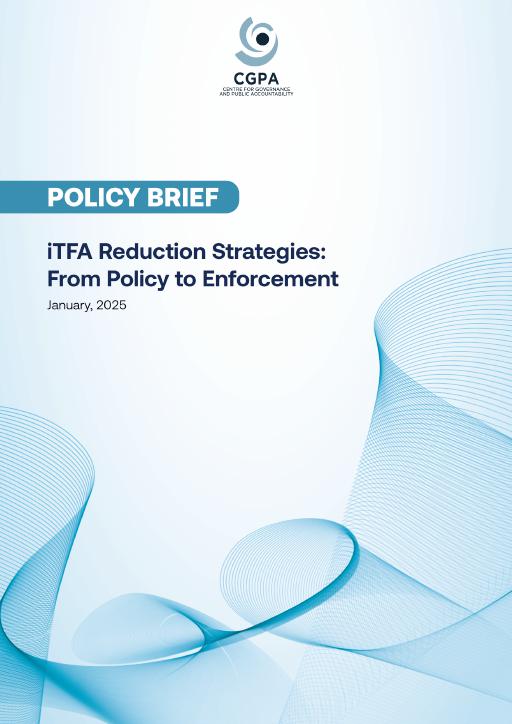PROGRAM AREAS
Open Governance, Right to Information
CGPA believes that ensuring citizens’ right to access information, as enshrined in the constitution of Pakistan and Universal Declaration of Human Rights, is the key to public accountability, realization of strong democratic institutions, and inclusive development. The legal framework for ensuring right to information (RTI) is very weak in Pakistan. CGPA seeks to promote right to information in Pakistan through.
· Policy research and advocacy for effective right to information laws
· Civil society capacity building and networking
· Strengthening demand for RTI through awareness raising
Transparency and Right to Information
Right to Information Laws
The Punjab Transparency and Right to Information Act 2013
The Khyber Pakhutnkhwa Right to Information Act 2013
The Pakistan Right of Access to Information Act 2017
The Sindh Transparency and Right to Information Act 2016
The Baluchistan Right to Information Act 2021
PUBLICATIONS
Rule of Law, Access to Justice and Police Reforms
Threat to rule of law bears serious challenges to the overall edifice of society. CGPA believes that rule of law encompasses supremacy of constitution, abrogation of all discriminatory laws, removal of procedural hindrances which restrict citizens’ ability to access justice; independence of judiciary and judicial accountability; accountable, operationally independent, and service oriented police service; and gender sensitive justice disposal mechanism.
PUBLICATIONS
Democratic Governance
This program focuses on strengthening citizen voices to hold elected representative accountable and strengthening of legislative bodies at national and sub-national levels. Political parties’ development, legislative tracking, election monitoring, and voting rights are sub-programmatic areas under this program.
PUBLICATIONS
Legislative Governance - Policy Brief
Khyber Pakhtunkhwa Assembly Legislators Performance Ranking and Analysis (June 2013 to June 2016)
Decentralization & Devolution
CGPA strongly supports decentralization of power at local level, both administrative and fiscal, for effective social service delivery. In Pakistan, every military ruler introduced local government system, to be wrapped by elected governments once the military ruler was no more in power. CGPA strives for accountable local government system constituted by elected representatives, with full responsibility to initiate and manage service delivery at local level, and with decentralize fiscal and administrative authority.
PUBLICATIONS
Training Manual on KP Local Government Act 2019
Training Manual: 3-Day Training on Advocacy campaign skills for effective Local Governments in Khyber Pakhtunkhwa
Policy Brief: Effective Local Governance in Khyber Pakhtunkhwa
Trend Analysis of Development Budgets for Local Government in Khyber Pakhtunkhwa
Promotion of Pluralism, Peace and Stability
Though all program areas of CGPA feed into this thematic area, the focus is to foster scholarly endeavor and alternate discourses for promotion of pluralism, peace and stabilization in conflict affected areas of FATA and Khyber Pakhtunkhwa province. FATA political and administrative reforms are one of the key focus areas under this program.
Budget Accountability
Public policy and political pledges are mere allusion if not backed by sound budgetary allocations and sound plans for implementation the policies. Under this program, CGPA strives for ensuring adequate allocations for social service delivery, and pro-poor and gender sensitive budgeting. The priority sectors for budget advocacy are education, health, water and sanitation, roads and construction, and public safety. Under this project, CGPA also carries monitoring and evaluation of different development projects by different state and non state entities.
CGPA is implementing a project titled 'Promoting Public Accountability at Local Level' funded by Open Society Foundation. The project starts on December 1, 2012 and the life of project is 12 months.
The outcomes of the project are:
· Analysis of budget allocation and utilization practices at municipal and union council levels
· Capacity of 105 members of civil society groups enhanced on budget advocacy
· Policy advocacy for improving citizens’ participation in budget making process
Series of activities are being undertaken to accomplish the objectives and overall goal. These include establishment of constructive engagement with officials and elected representatives of town III of Peshawar district. Budgets of town III for key social sectors (Health, Education, Water and Sanitation, and Waste Disposal) of last three years are being analyzed. Based on this analysis and detailed Training Need Assessment, training materials are being developed. The project aims at training 105 civil society members through series of training events. Policy advocacy is being undertaken, based on research study. Establishment of Civil society network is considered as critical for sustainability of project activities. Three seminars are also planned under the project, advocating policy initiatives for inclusion of citizens’ voices in budget making process.
PUBLICATIONS
Economic Governance
CGPA with Center for International Private Enterprise (CIPE-USA) as implementing partner implementing Mobilizing Economic Reforms to Keep the Critical Space Open in Khyber Pakhtunkhwa. The project seeks to provide technical support in facilitating local economic development through the establishment of Economic Development Unit (EDU), and Peshawar’s Prosperity Five Year Plan (PP5P). CGPA in collaboration of Small and Medium Enterprises Development Authority (SMEDA) is reaching out to market-oriented think tanks through a structured, participatory and inclusive approach of Public Private Dialogue (PPD).
PUBLICATIONS
Food and Health Governance Program
CGPA realises that Pakistan, like many other low- and middle-income countries, is facing enormous challenges emerging from inadequate systems of food and health governance. While our diets are changing, our life styles are also changing, and this transition is adversely affecting our health status thereby increasing disease burden. We are home to a staggering 33 million diabetics and 43 million patients of hypertension while 65% deaths, mostly premature, are due to non-communicable diseases (NCDs) such as cancers, cardio-vascular diseases, diabetes, and tobacco use.
However, the light at the end of the tunnel is that the disease burden can be reduced with better policies and practices, and influencing the modifiable risk factors and adaptation of a healthy lifestyle by the people at risk .
In pursuit of finding, advocating, and implementing the best-practice policies to improve food and health governance, CGPA is engaging with various institutions and organisations . The main themes for such contacts are given below:
• Improvement in food safety standards, and nutritional status of various populations;
• Regulation of tobacco and new nicotine products with a whole of the government approach;
• Strengthening of health systems to provide better preventive healthcare services and standard treatments.
On social media, we can be found using #PreventNCDs and #FoodGovernance
Since our food systems and life styles are changing, so is our burden of disease. There was a time when communicable diseases were the leading cause of deaths and disabilities. With science-based advancements in treatments, vaccination, and public health infrastructure, an increasing number of precious lives were saved from premature deaths. However, there is a rapid increase in noncommunicable diseases (NCDs) such as cancers, heart diseases, hypertension, diabetes, and obesity owing to changes in dietary pattern, and sedentary life styles. In addition, we have a patchy information, diagnostic and treatment facilities for primordial and primary prevention. But the good news is that the rapid spread of diet-related NCDs can be controlled by altering the modifiable risk factors such as the availability and consumption of salt, sugar, and oils and fats. This policy brief sheds light on the problem of NCDs, food governance in Pakistan, and a brief set of policy recommendations for the governments.
iTFA Reduction Strategies: From Policy to Enforcement
Climate Governance
The Centre for Governance and Public Accountability (CGPA) is a leading civil society organization dedicated to promoting transparency, accountability, and good governance in Pakistan. With over a decade of experience, CGPA has expanded its scope to include Climate Governance, recognizing the urgent need for climate-resilient governance frameworks in the face of growing environmental challenges. The growing impact of climate change has amplified the need for effective governance, especially at the local level, where municipalities and service providers are at the frontline of dealing with its consequences. The Centre for Governance and Public Accountability (CGPA), with its longstanding experience in promoting good governance and public accountability, is merging as a key player in the realm of climate governance.
CGPA is focusing on the following thematic areas for improved climate governance:
- Strengthening Local Climate Governance: Empowering local governments to integrate climate resilience into municipal services such as waste management, water supply, and sanitation.
- Public Accountability in Climate Action: Promoting transparency and accountability in climate policies and budgeting, ensuring that resources are effectively allocated and climate goals are achieved.
- Climate Justice: Advocating for equitable climate solutions that address the needs of vulnerable populations, particularly in conflict-affected and underdeveloped regions like Khyber Pakhtunkhwa and former FATA.
- Citizen Participation in Climate Decision-Making: Fostering community engagement in climate action by amplifying citizens’ voices in climate-related governance and ensuring responsive public service delivery.
Climate Change and Municipal Services
One of its remarkable initiatives is its support to the Local Government Elections and Rural Development Department (LGE&RD), Government of Khyber Pakhtunkhwa, in framing Solid Waste Management (SWM) Bylaws—an initiative that bridges governance with climate resilience.
Municipal services like solid waste management, water supply, and sanitation form the backbone of healthy, sustainable communities. However, the onset of climate change has exposed critical vulnerabilities in urban infrastructure. The unpredictability of extreme weather events such as flooding or droughts creates further strain on the systems designed to manage waste, sanitation, and water. In this context, improving municipal services is no longer just about efficient governance—it’s about addressing the emerging climate crisis and transforming citizens' lives through sustainable urban planning.
CGPA recognizes that effective solid waste management is key to enhanced climate governance. Waste mismanagement contributes significantly to greenhouse gas emissions, especially methane, from landfills and open dumps. By supporting the development of comprehensive and locally relevant SWM bylaws, CGPA is leading efforts to transform waste management practices in Khyber Pakhtunkhwa (KP), enhancing both climate resilience and public accountability. CGPA’s support in framing Solid Waste Management Bylaws for Khyber Pakhtunkhwa’s Tehsil Municipal Administrations (TMAs) exemplifies its commitment to climate-responsive governance. By integrating climate adaptation strategies into municipal services, CGPA is ensuring that local governance systems are equipped to meet the challenges of climate change while promoting transparency and accountability in service delivery.
GPA's Role in Framing Solid Waste Management Bylaws
In 2024, CGPA played a pivotal role in facilitating the development of SWM bylaws for TMAs in KP. This effort was grounded in the belief that local governance must integrate climate resilience into the management of public services. The process of framing these bylaws was not just a technical exercise; it was a participatory and inclusive approach that involved multiple stakeholders from across the province, including local government officials, development partners, and civil society organizations.
Key Steps in the Bylaws Development Process
- Identification of Local Services (October 2023): In a consultative workshop involving the Secretary of LGE&RD and various stakeholders, Solid Waste Management was selected as a critical area to enhance climate governance across TMAs in Khyber Pakhtunkhwa. This laid the foundation for framing comprehensive SWM bylaws that would shape climate-resilient municipal services.
- Literature Review and Consultative Process: CGPA facilitated a detailed review of regional and international SWM regulations and conducted multiple consultations with TMAs, the Local Council Board, water and sanitation companies, and development partners. These consultations ensured that the bylaws were grounded in both local realities and best practices.
- Field Visits for Real-World Insights: CGPA conducted a pilot study of an end-to-end SWM model in TMA Bahrain, which became a case study for how local governments can adopt resilient waste management practices. Exposure visits, both within KP and to Islamabad, provided officials with hands-on understanding of integrated waste management processes, from door-to-door collection to resource recovery through composting and recycling.
- Draft Development and Improvement: After incorporating feedback from consultative sessions and field visits, the CGPA-supported drafting process evolved into bylaws that would empower TMAs with clear, actionable guidelines for climate-responsive waste management. The draft was further refined through an exposure visit to the Integrated Resource Recovery Centre (IRRC) in Islamabad, ensuring that cutting-edge waste management techniques were embedded into the bylaws.
- Finalization and Endorsement: In May 2024, CGPA helped organize a final two-day workshop that brought together officials from across the governance spectrum to finalize the SWM bylaws. This collaborative approach ensured that the bylaws were not only technically sound but also enjoyed broad-based ownership across relevant stakeholders.
Building Climate Governance Through Accountability
The Solid Waste Management Bylaws now stand as a testament to CGPA’s commitment to climate governance and accountability. By focusing on an inclusive process that prioritizes both sustainability and public accountability, CGPA has created a governance framework that enables municipalities to build climate resilience at the local level.
But the significance of CGPA’s efforts goes beyond solid waste management alone. The initiative has showcased how climate change adaptation can be woven into governance frameworks through decentralized decision-making and robust accountability mechanisms. It also highlights CGPA's deep understanding of how climate challenges affect local governments and communities in conflict-affected and underdeveloped regions like Khyber Pakhtunkhwa.
A Vision for the Future
Looking ahead, CGPA’s work in climate governance is poised to expand further. Having already laid the foundation through SWM bylaws, CGPA will take on broader thematic areas such as Climate Justice, Decentralized Climate Action, and Climate-Responsive Budgeting. These themes align with CGPA’s mission of promoting public accountability and good governance while addressing the pressing challenges of climate change.
Climate Governance will continue to be a cornerstone of CGPA’s strategy, focusing on the integration of citizen voices in climate-related decision-making, ensuring transparency in climate financing, and fostering sustainable service delivery at the local level. By working at the intersection of governance, accountability, and climate resilience, CGPA is not only helping municipalities respond to the immediate challenges of climate change but also empowering citizens to actively participate in building a sustainable future. Through initiatives like the Solid Waste Management Bylaws, CGPA is setting a precedent for how local governance systems can become key drivers of climate action in Pakistan.
Climate Governance and Agri-Food Systems
At CGPA, we recognize the critical link between climate resilience and sustainable agricultural practices in addressing the challenges faced by Pakistan’s agri-food systems. As climate change intensifies, its impacts ranging from unpredictable weather patterns to reduced water availability and soil degradation threaten the livelihoods of millions of smallholder farmers. To combat these challenges, we are championing regenerative agriculture, food security, and climate-smart interventions, ensuring sustainable solutions for both people and the planet.
In collaboration with partners like Pro Nature Alliance research and development and the National Agricultural Research Centre (NARC), and with the support of funding entities such as the World Bank, we have implemented transformative projects in selected areas of Pakistan. These initiatives promote regenerative agricultural practices that restore soil health, enhance water efficiency, and increase crop resilience to climate shocks. By integrating innovative techniques and community-driven approaches, we are empowering farmers to adopt sustainable methods that improve productivity while preserving natural resources, paving the way for a food-secure and climate-resilient future.
